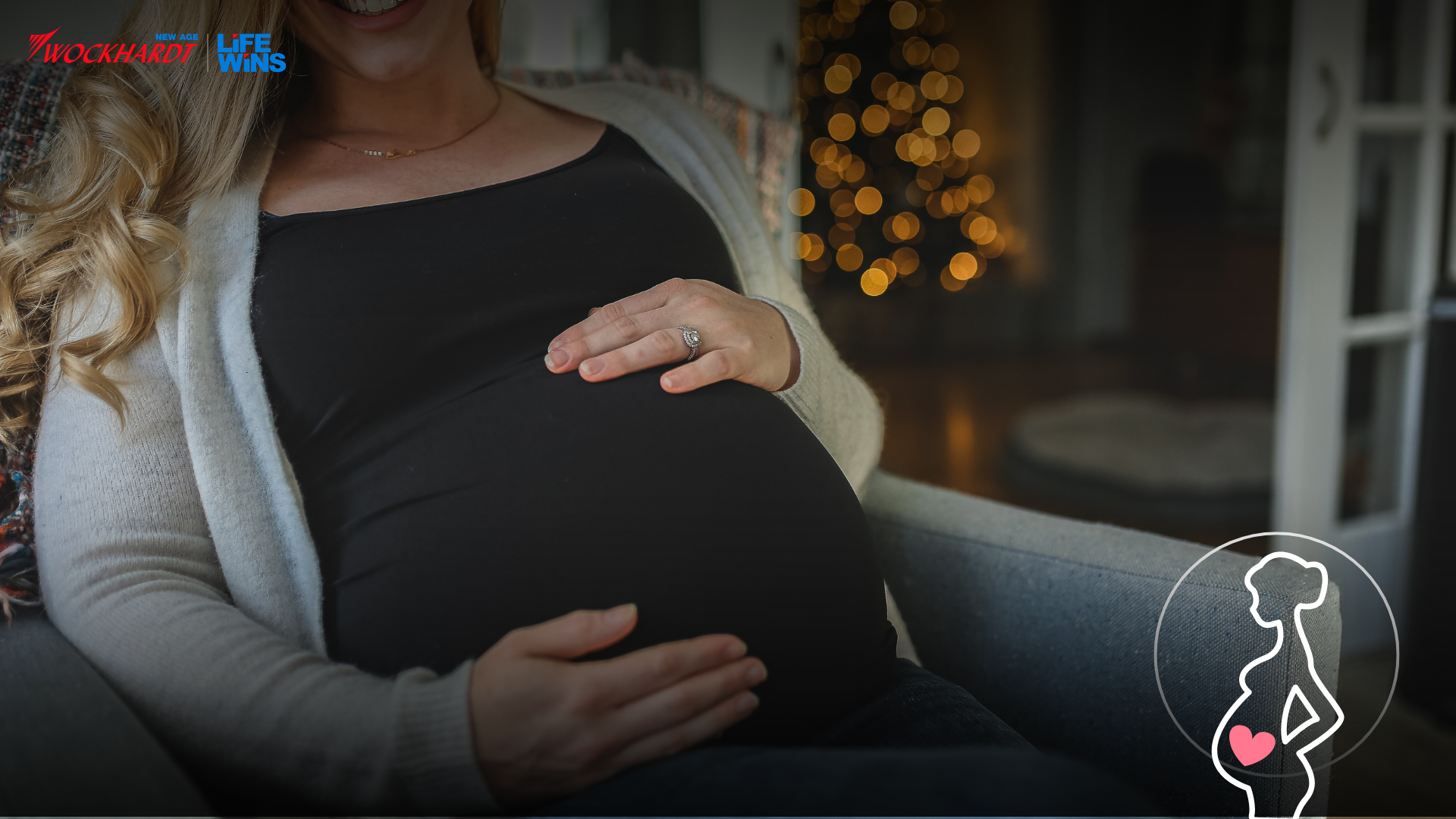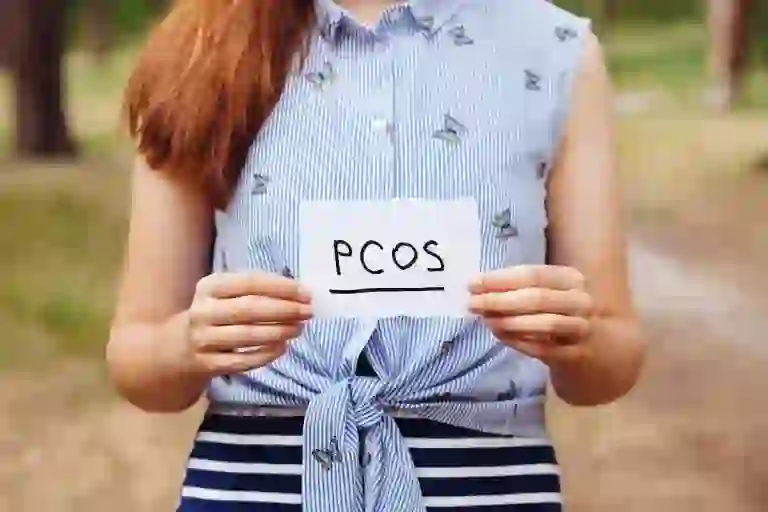Hypertension, or high blood pressure, during pregnancy, can have serious effects on both the mother and the developing fetus. When a woman has high blood pressure during pregnancy, it is called gestational hypertension or pregnancy-induced hypertension (PIH).
Potential Effects of High Blood Pressure on the Fetus During Pregnancy
Reduced blood flow to the placenta: High blood pressure can cause blood vessels in the placenta to narrow, which can reduce the amount of oxygen and nutrients that the fetus receives. This can lead to growth problems or even stillbirth.
Preterm birth: High blood pressure can increase the risk of preterm labor and delivery, which can lead to complications such as respiratory distress syndrome, bleeding in the brain, and other problems.
Low birth weight: If the baby doesn’t receive enough oxygen and nutrients due to reduced blood flow to the placenta, he or she may be born with a low birth weight.
Placental abruption: In severe cases of hypertension, the placenta can separate from the uterine wall before delivery, which can cause heavy bleeding and endanger the life of both the mother and the baby.
Future health risks: Infants born to mothers with high blood pressure during pregnancy may be at increased risk of developing high blood pressure and other health problems later in life.
It’s important for pregnant women to receive regular prenatal care and for healthcare providers to monitor blood pressure throughout pregnancy to detect and manage any hypertension. Women with hypertension during pregnancy may require medication and more frequent monitoring to prevent complications and ensure the best possible outcome for both mother and baby.
Statistics of Hypertension and Pregnancy
Research has extensively studied the relationship between hypertension and pregnancy. Here are some key findings and statistics regarding hypertension and pregnancy:
Prevalence: Hypertensive disorders affect approximately 10% of pregnancies worldwide. This includes both pre-existing hypertension (chronic hypertension) and hypertension that develops during pregnancy (gestational hypertension and preeclampsia).
Preeclampsia: Preeclampsia is a serious condition characterized by high blood pressure and damage to organs, such as the liver and kidneys. It typically occurs after 20 weeks of pregnancy and can lead to complications for both the mother and the baby. Preeclampsia affects around 2-8% of pregnancies.
Gestational Hypertension: Gestational hypertension refers to high blood pressure that develops during pregnancy, typically after 20 weeks, in women who previously had normal blood pressure. It affects about 5-7% of pregnancies. Hypertension, or high blood pressure, during pregnancy, can have serious effects on both the mother and the developing fetus. When a woman has high blood pressure during pregnancy, it is called gestational hypertension or pregnancy-induced hypertension (PIH).


















